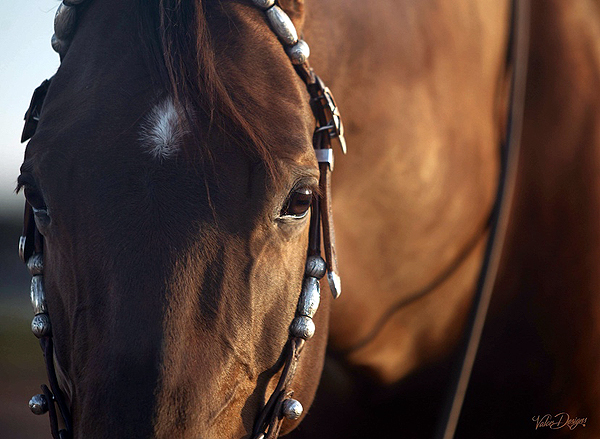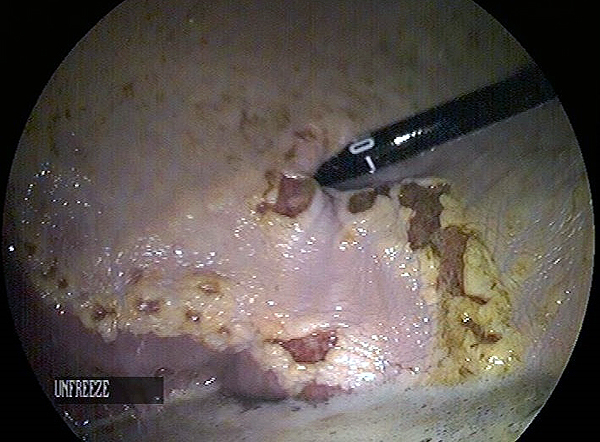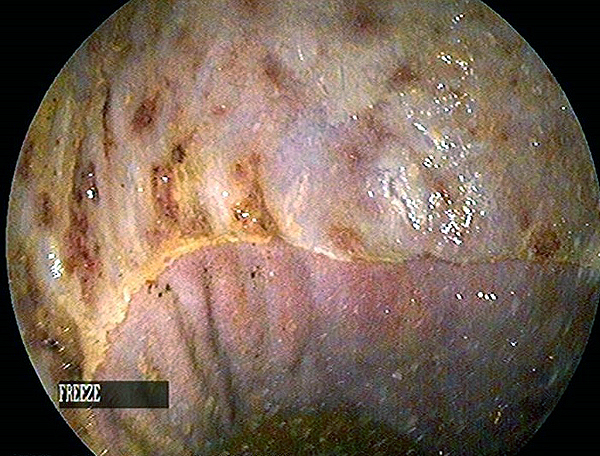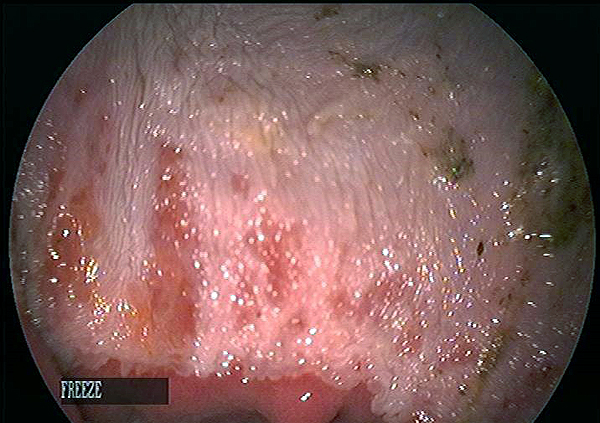Stomach Ulcers in Horses: Symptoms, Diagnosing and Treating
From AQHA Corporate Partner Boehringer Ingelheim, courtesy of AQHA
Poor performance in competition?
Cranky when being cinched up?
Uncharacteristic general crabbiness? It could be your horse is trying to tell you something.
“It’s certainly possible for a trained horse to have a bad day, but as a general rule, they aren’t emotional beings like humans, so they tend to try to do their jobs,” says Sarah Reuss, VMD, DACVIM, Equine Technical Manager, Boehringer Ingelheim. “When horse owners notice uncharacteristic behavior, especially on an ongoing basis, it’s best to document those behaviors and consult with a veterinarian.”
Symptoms of Gastric Ulcers in Horses
What might surprise horse owners is that equine stomach ulcers can be a potential root cause of difficult training sessions, resistance to work and poor performance.1,2 These ulcers can develop in as few as five days,3 so it’s possible that Saturday’s well-behaved horse can become a different animal by Wednesday. Other potential clinical signs of equine stomach ulcers include poor appetite, poor body condition, rough hair coat, weight loss and in some cases, low-level colic.4
Diagnosing Equine Stomach Ulcers
Equine stomach ulcers can only be definitively diagnosed by conducting a gastroscopy.5 During this procedure, a veterinarian uses an endoscope – a tube with a small camera – and places it up the nose, through the esophagus and into the stomach in the standing, sedated horse. The procedure allows the veterinarian to explore the stomach and if there are any ulcers, describe where they are and how severe they appear. The veterinarian will be looking for any thickening, reddening, erosions or ulcerations of the stomach.
There are two types of gastric ulcers, Dr. Reuss explains. “Squamous ulcers are the most common, and are found in the upper part of the stomach where they form when stomach acid contacts the unprotected lining. The other type of ulcers are found in the glandular area which includes the pylorus or outflow of the stomach. These glandular ulcers are due to a combination of acid and loss of normal protective mechanisms.”
Treating a Horse’s Stomach Ulcer
Should the veterinarian discover ulcers, he or she will recommend treatment with GastroGard® (omeprazole), the only proven and FDA-approved ulcer treatment product. Ideally there should be another gastroscopy performed at the end of treatment to ensure the stomach is back to normal.
There are ways to potentially avoid ulcers from recurring. Dr. Reuss recommends continuing to consult with the veterinarian who knows your specific horse, but in general providing continuous access to roughage through grazing or hay nets and feeding grain in multiple small meals daily is best.
In horses that are subject to stressors such as training, showing, trailering, including to trail riding, the loss of a pasture buddy or a move to another barn, Dr. Reuss recommends asking the veterinarian about using UlcerGard® (omeprazole) to help prevent ulcers from occurring, particularly during times of stress.
For more information, go to https://bi-animalhealth.com/equine/gastric-health.














